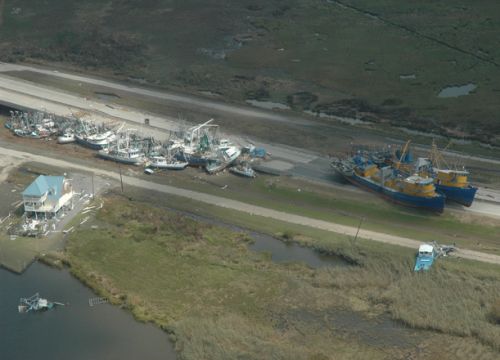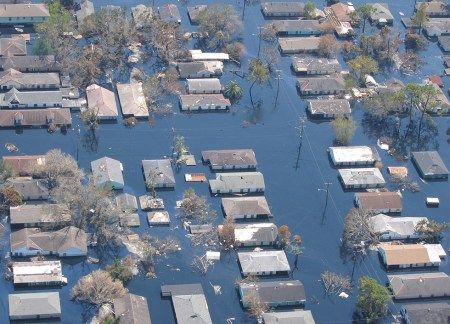Preparing for Hurricanes
Hurricane Matthew is the latest storm to wreak havoc on our nation’s shores. Being involved in disaster response, we at NOAA’s Office of Response and Restoration know what can go wrong when a hurricane hits the coast—after all, we’ve seen it firsthand:
- People can lose their belongings—or, tragically, their lives.
- Neighborhoods, sometimes even our own, can flood and buildings get knocked down.
- Entire cities can be shut down, residents trapped in their homes, and emergency responders evacuated when yet another hurricane rolls through already impacted areas.
- Oil and gas infrastructure can be torn apart, releasing hazardous materials such as oil into coastal waters.
- Houses, boats, and a variety of debris can be swept out into the ocean.
- The very shoreline can be reshaped.
Clearly, a lot is at stake when a hurricane sweeps through an area, which is why preparing for hurricanes and other disasters is so important. We can’t stop these powerful storms, but we can prepare ourselves, our homes, and our coastal communities to lessen the impacts and bounce back more quickly after storms hit. NOAA’s National Weather Service has plenty of tips and guidelines for preparing to weather these storms. NOAA’s Office of Response and Restoration also takes care to prepare for hurricanes and other disasters.

Sometimes that means building internet and phone access into the stormproof bathrooms of our facilities so that we can continue providing sound science and support to deal with pollution from a storm. Other times that means working with coastal regions to create response plans for disaster debris, training other emergency responders to address oil and chemical spills, and developing software tools that pull together and display key information necessary for making critical response decisions during disasters. NOAA’s National Weather Service has plenty of tips and guidelines for preparing to weather these storms. Learn more about how to protect yourself and your belongings from a hurricane. NOAA's National Weather Service has the latest information on Hurricane Matthew.
 An official website of the United States government.
An official website of the United States government. 
